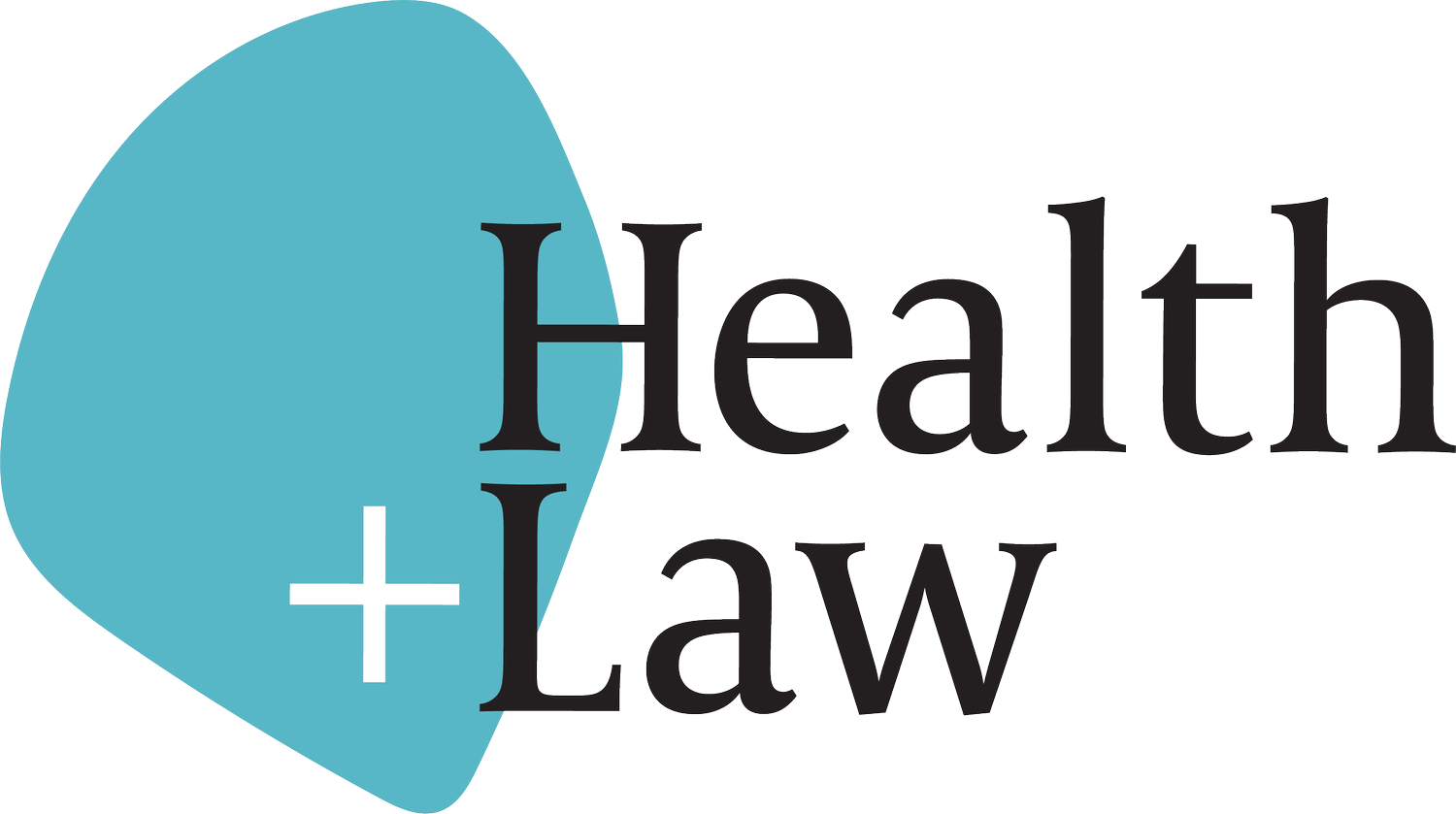Research Update: Interviews with People Living with HIV and Hepatitis B Across Australia
Earlier this year, the federal Labour government announced an investment of $43.9 million to fund ongoing efforts to eliminate transmission of HIV in Australia by 2030. Efforts to end viral hepatitis by this time are also underway, with new investment of $23.7 million over two years for hepatitis B and hepatitis C initiatives. This included the first dedicated investment in hepatitis B initiatives, with a new $7.8 million commitment over two years to develop and pilot hepatitis B projects to reduce transmission. However, it has been over thirty years since the last major national review of the legal landscape surrounding HIV, and the legal challenges faced by people living with hepatitis B have never before been the subject of dedicated national research. And, as researchers, policymakers and people in affected communities have argued for decades, good public health initiatives to address blood-borne viruses and other communicable disease require good and enabling legal environments.
Health+Law has now completed the qualitative part of its national Legal Needs Study (LeNS), the first ever national survey investigating legal needs and access to justice among people affected by hepatitis B and HIV in Australia. We interviewed over 135 people living with HIV and people living with hepatitis B across Australia. This number includes 89 PLHIV, 46 PLHBV and three people with co-infection. These interviews are the first phase of Health+Law’s research to establish a comprehensive evidence base of the legal needs of people living with HIV and hepatitis B in Australia today. And we are indebted to every person who generously shared their time and experiences with us.
We are also sincerely grateful to the brilliant people who helped us recruit interview participants, and who supported them to connect with us and share their experiences safely. Our research would not be possible without the support of peer workers and other staff from peak bodies and community-based organisations across every Australian state and territory.
We would like to take this opportunity to thanks the teams at the Ethnic Communities Council of Queensland (ECCQ), Hepatitis ACT, Hepatitis B Voices, Hepatitis NSW, Hepatitis QLD, Hepatitis SA, Hepatitis WA, LiverWELL, Living Positive Victoria (LPV), Meridian, Northern Territory AIDS and Hepatitis Council (NTAHC), PEACE Multicultural Services, Positive Life NSW, Positive Life SA, Positive Women Victoria (PWV), Queensland Positive People (QPP), SAMESH, Tasmanian Council on AIDS, Hepatitis and Related Diseases (TasCAHRD) and WAAC.
We are also very grateful to have the partnership of the HIV/AIDS Legal Centre (HALC) throughout this process. Through Health+Law’s funding of a dedicated research solicitor at HALC, 54 LeNS participants with unmet legal needs were offered a referral to HALC, giving them the opportunity to access free, specialist legal services.
With the continued support of these organisations, Health+Law is excited to now move forward with the next phase of the study - the first-ever national survey exploring the everyday legal experiences of people living with hepatitis B and HIV in Australia.
The LeNS investigator team would like to say a sincere thank you to all Health+Law staff members who conducted interviews with participants, including Dr Elsher Lawson-Boyd, Jordan Roods, Dr Dion Kagan and Louisa Luong. A very special note of thanks to Cara Bruce and Rhys Evans, who conducted the lion’s share of these interviews, offering exceptional commitment, expertise and sensitivity in their approach to this important research. And finally, none of this would have been possible without the tremendous organisational efforts of Health+Law’s Research Coordinator Katrina Mathieson, whose work on connecting with and supporting people to talk to us has been unflagging and has produced unprecedented results.
Read more about the LeNS survey and how you can register your interest to participate.
To stay across research updates from the LeNS and hear about its findings, sign-up to the Health+Law newsletter.


